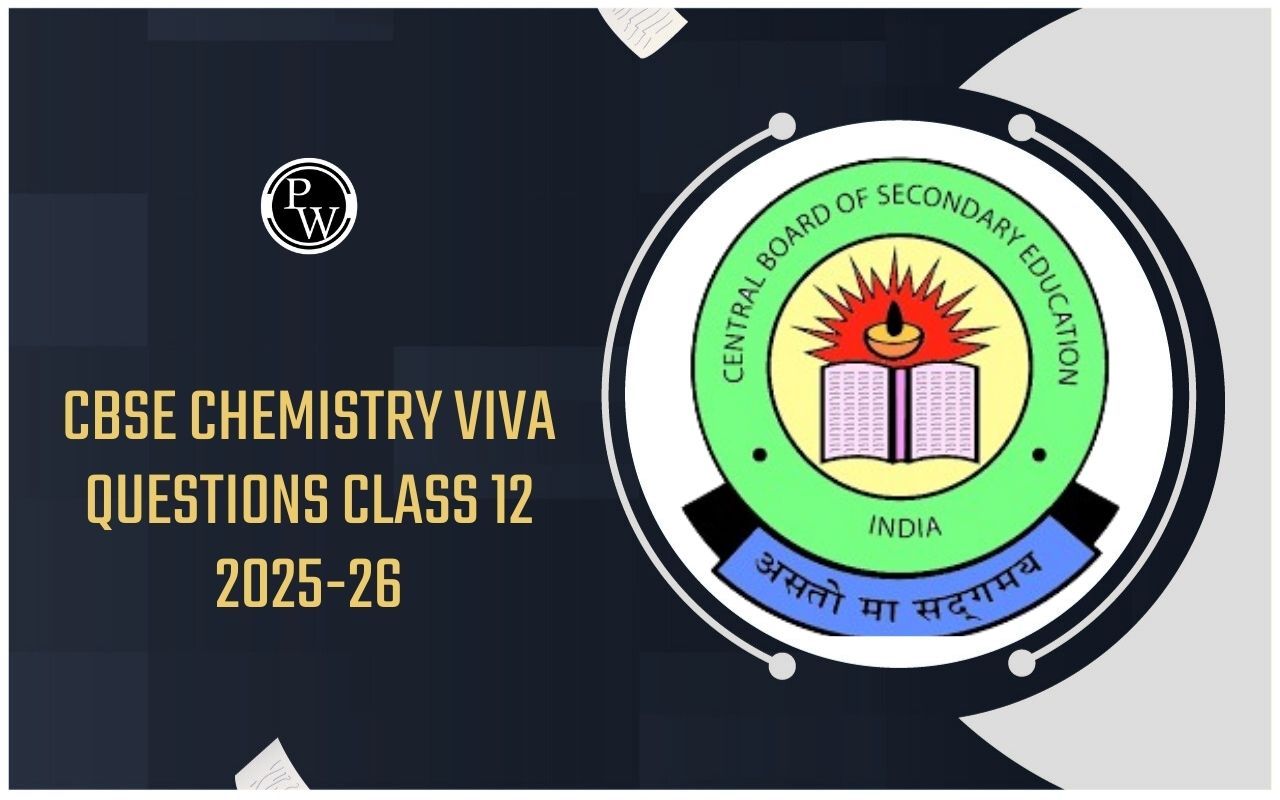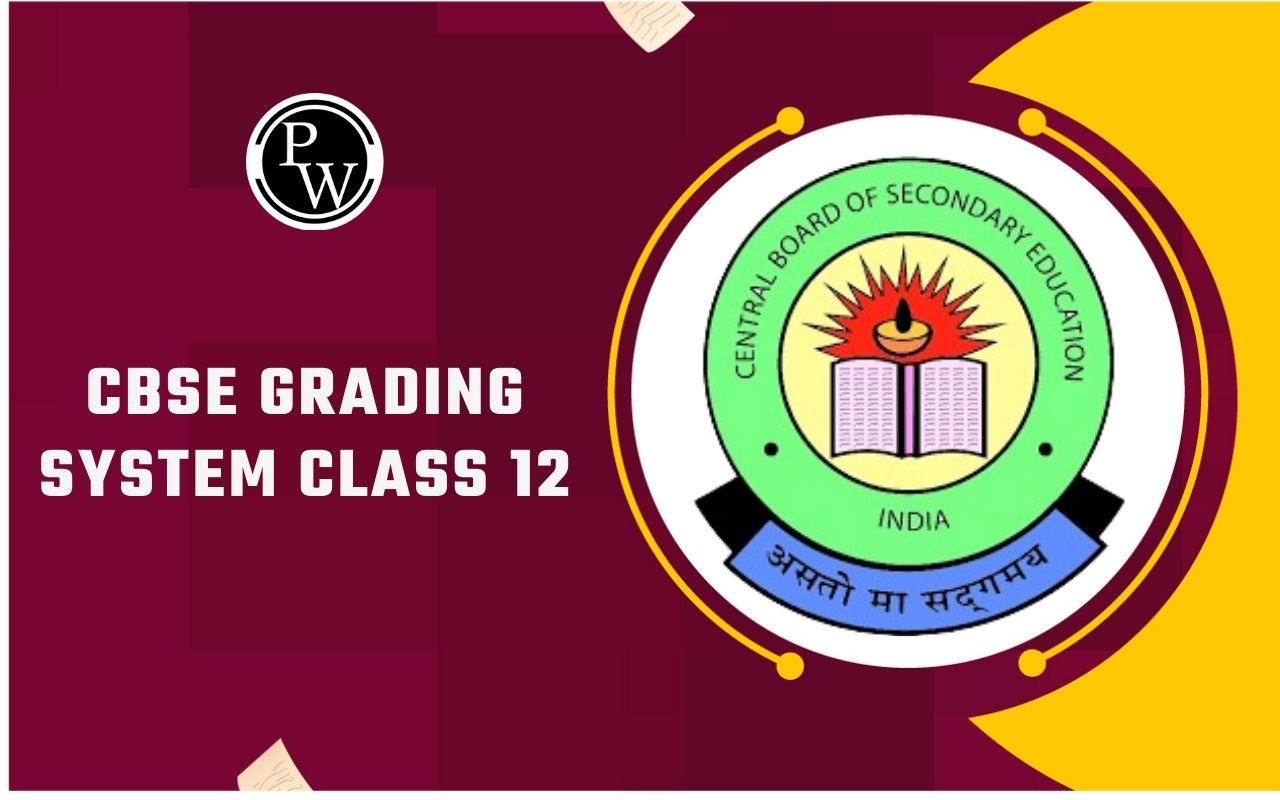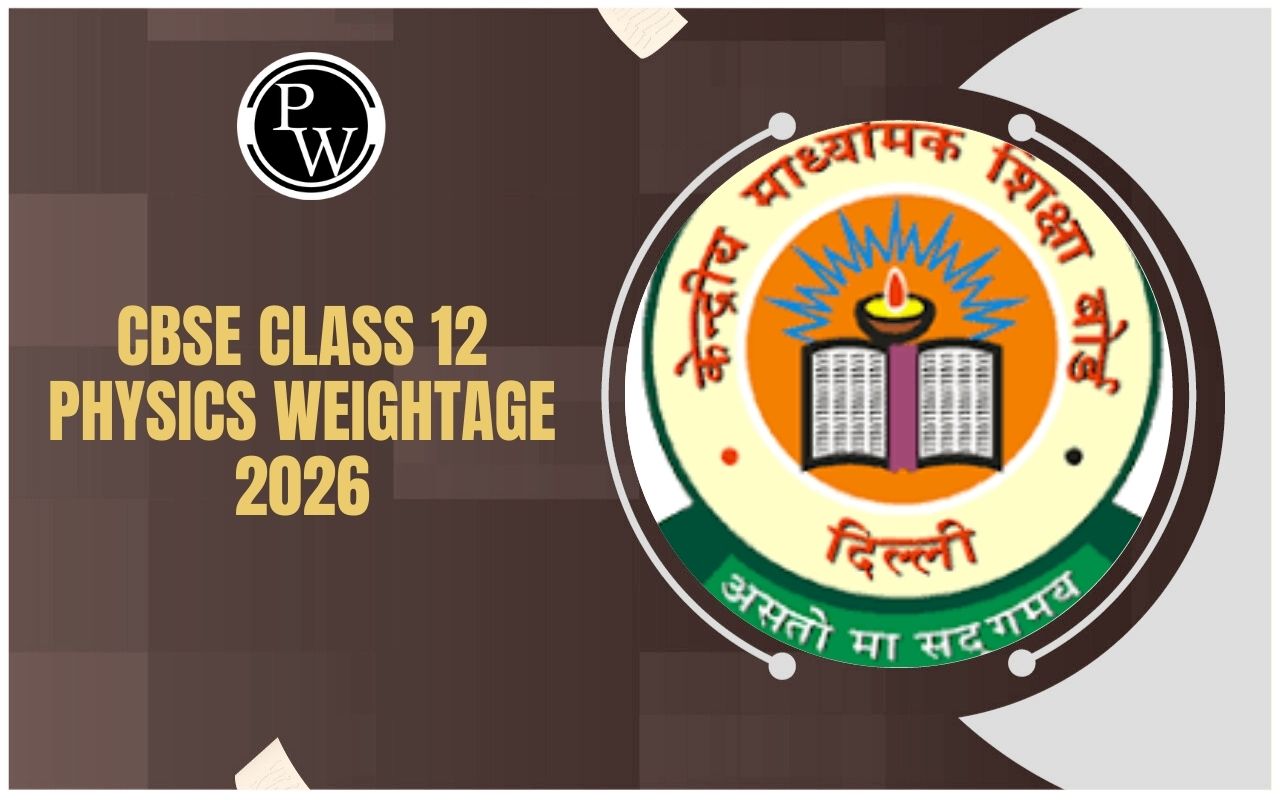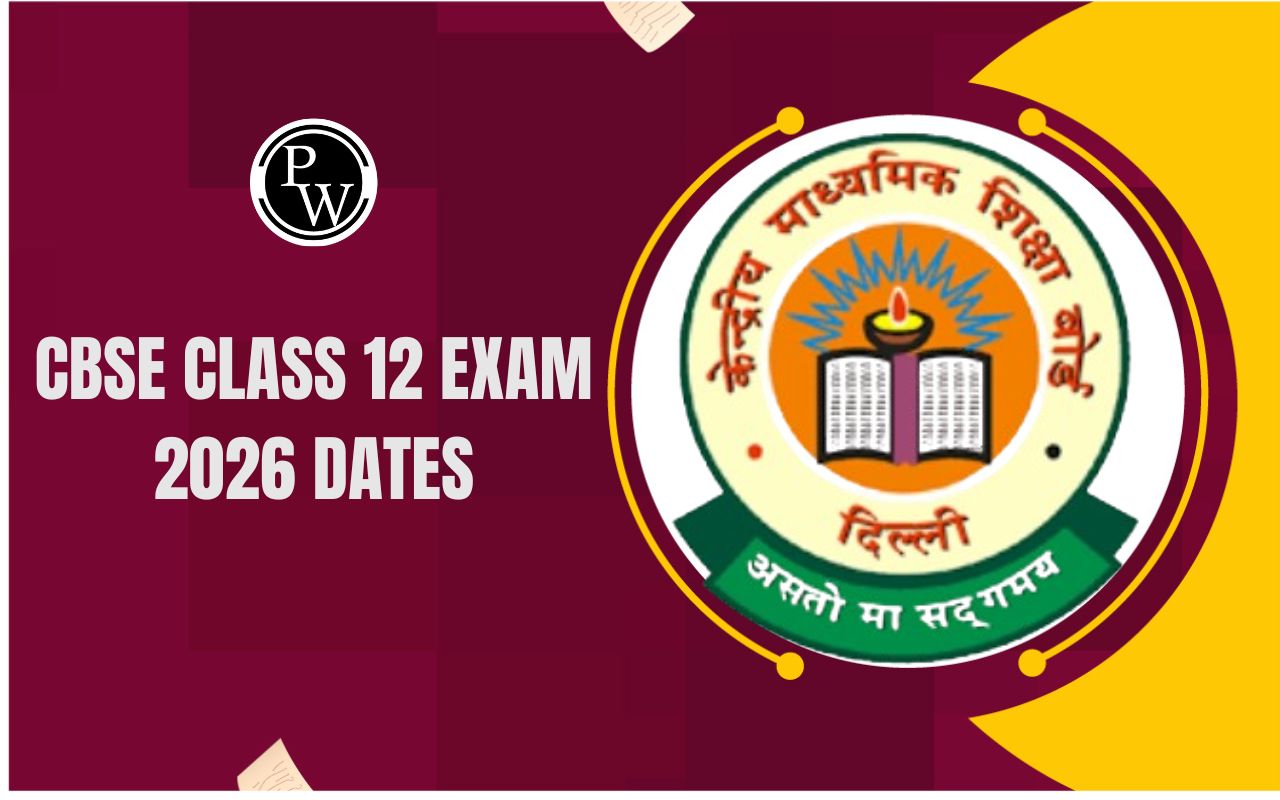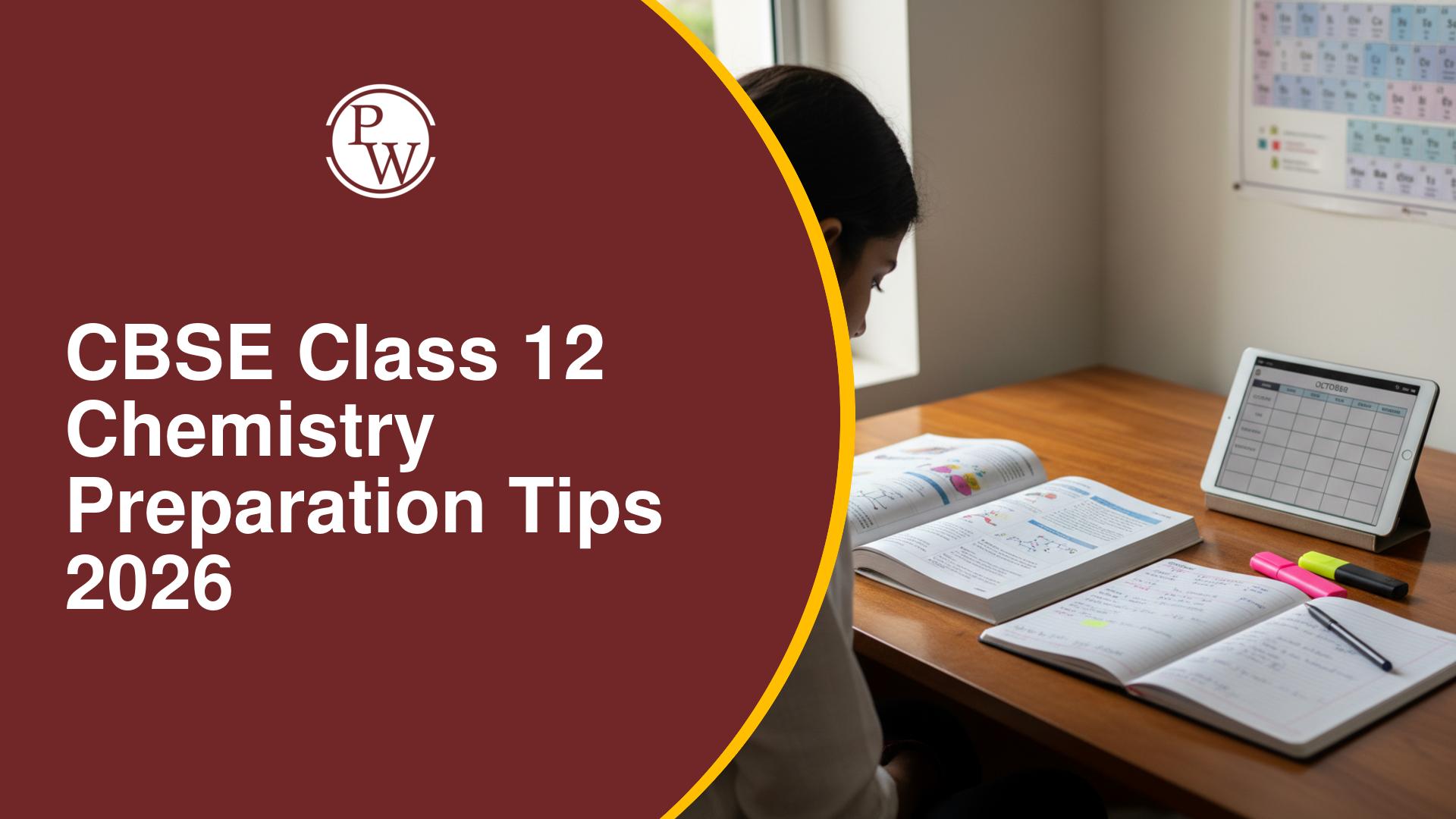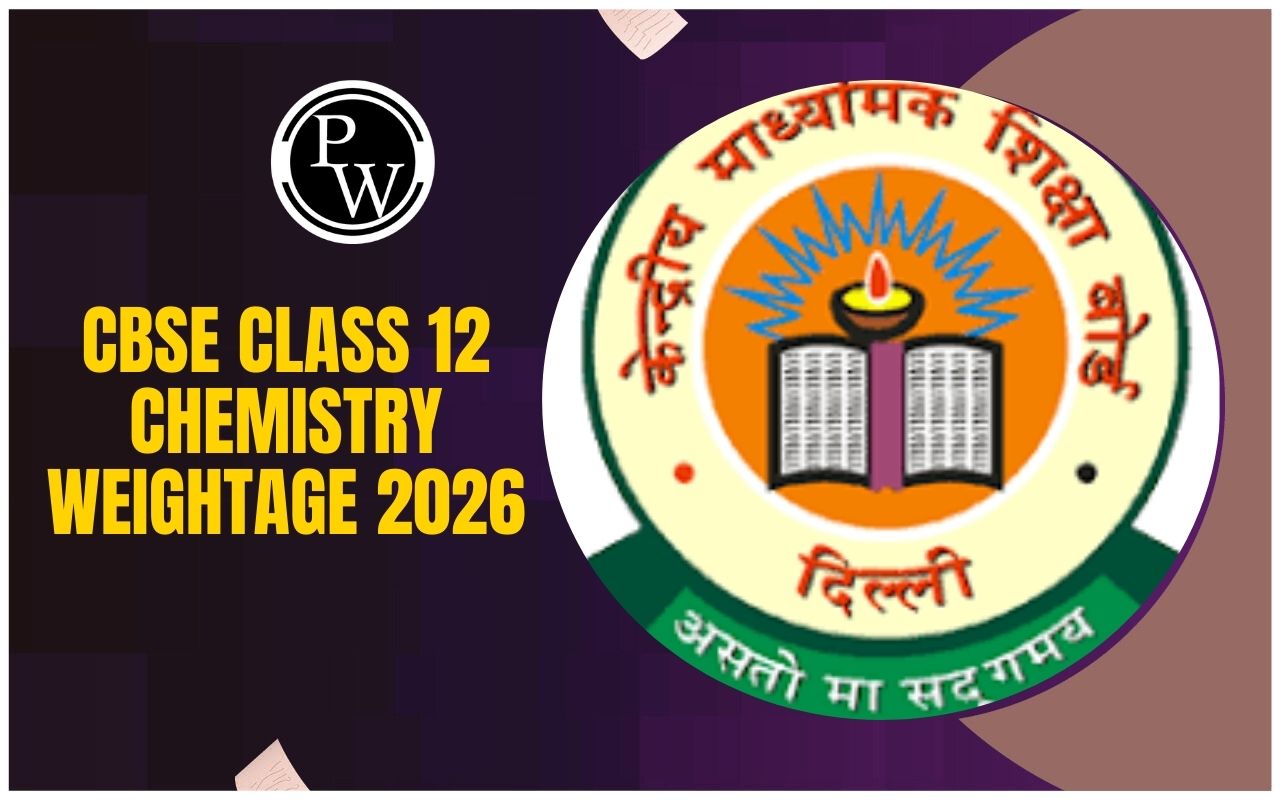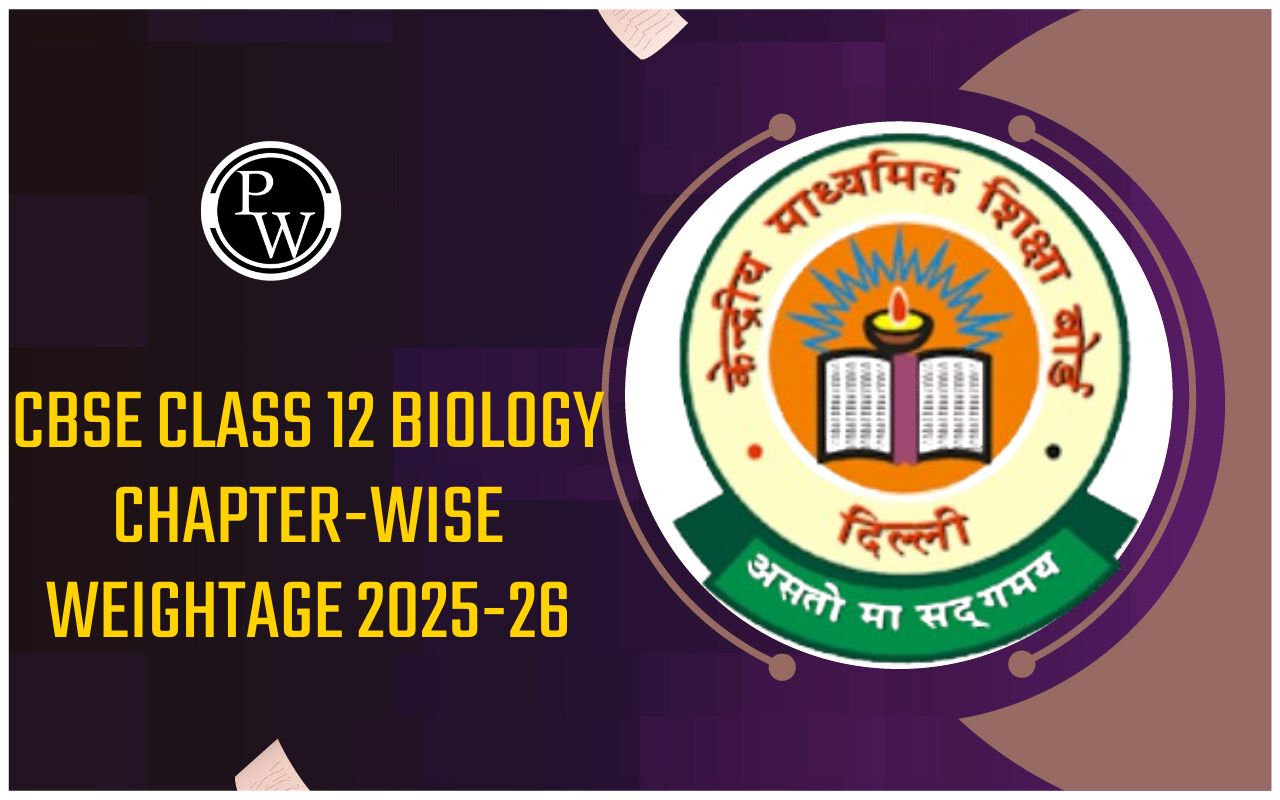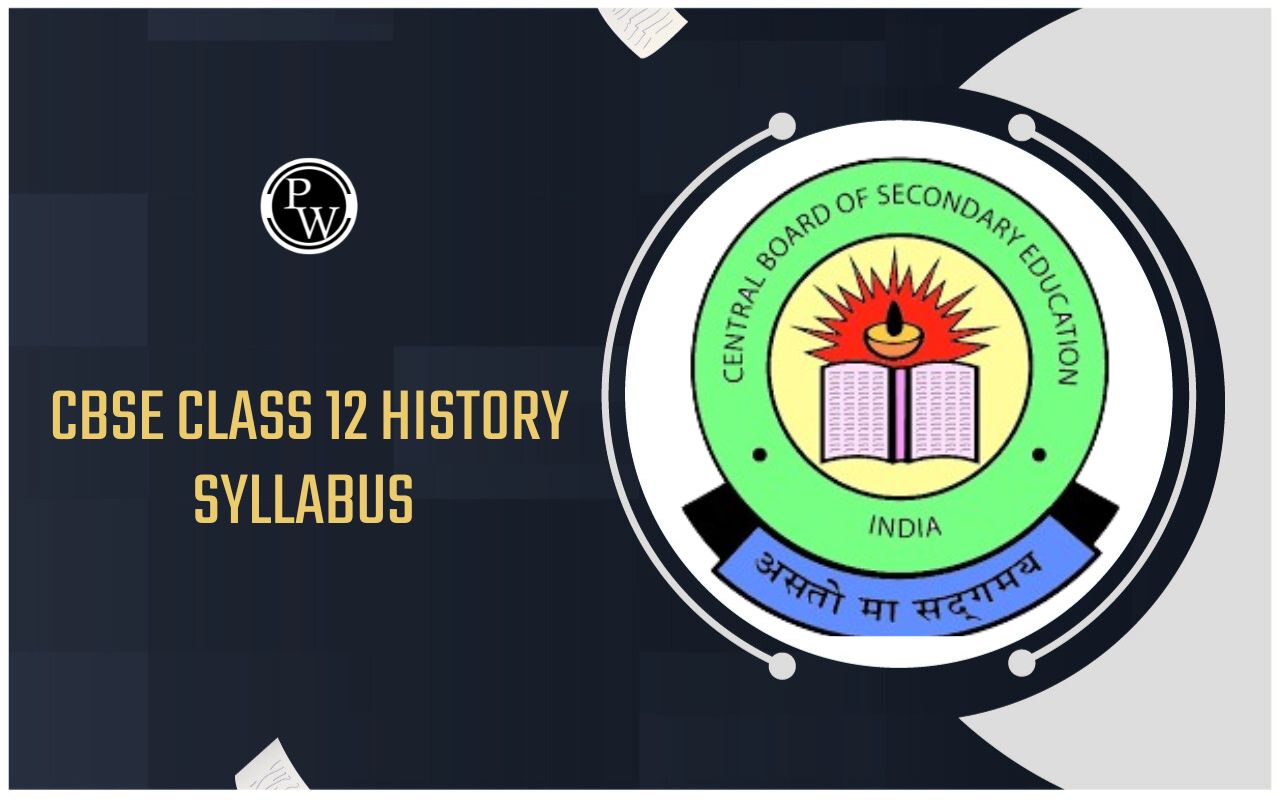
CBSE Class 12 Compartment Exam Preparation Tips: The CBSE Class 12 Compartment Exam is a crucial opportunity for students to clear a failed subject and continue their academic journey. To excel, it is essential to thoroughly understand the exam pattern, stay updated with the CBSE latest syllabus, and practice extensively using previous year papers.
These steps help familiarize you with the types of questions asked, the marking scheme, and the overall structure of the exam, boosting both confidence and performance. Here, we provide detailed preparation tips to help you maximize your study time and succeed in the compartment exam.
CBSE Class 12 Compartment Exam Preparation Tips
Check the table below for effective CBSE Class 12 Compartment Exam preparation tips. Focus on understanding the complete syllabus and exam pattern for your subject. Practice previous year papers to get familiar with question types and improve time management.
|
CBSE Class 12 Compartment Exam Preparation Tips |
|
|
Analyze Your Previous Exam Paper |
Pinpoint exactly where you lost marks and focus your efforts on those weak areas for targeted improvement. |
|
Change Your Study Methods |
If your old approach didn’t work, try active recall, mind mapping, or teaching concepts to someone else. |
|
Do a SWOT Analysis |
Assess your strengths, weaknesses, opportunities, and threats to plan your preparation strategically. |
|
Prioritize High-Weightage Topics |
Focus on chapters and concepts that carry more marks to maximize your score with limited time. |
|
Practice with Real Timed Mock Tests |
Simulate exam conditions to improve time management and reduce anxiety during the actual exam. |
|
Learn from Past Mistakes |
Review errors from your last exam and make a checklist to avoid repeating them in the compartment exam. |
|
Use Concise Notes and Visual Aids |
Create short notes, flowcharts, and diagrams for quick revision and better retention of key concepts. |
|
Stay Motivated and Positive |
Maintain a positive mindset and use this second chance as motivation to perform your best. |
|
Seek Timely Help |
Don’t hesitate to ask teachers or use online resources immediately when you’re stuck on a concept. |
|
Revise Regularly with Self-Testing |
Test yourself after every revision session to ensure you’re actually retaining information, not just reading. |
Subject Wise CBSE Class 12 Compartment Exam Preparation Tips
Below, we have provided subject-wise CBSE Class 12 Compartment Exam Preparation Tips -
CBSE Class 12 Compartment Exam Preparation Tips for Physics
Focus on understanding fundamental concepts like Optics, Electrostatics, and Modern Physics. Practice numerical problems daily and revise important formulas and derivations. Use NCERT textbooks as your primary resource and supplement with previous year papers to identify frequently asked questions.
Allocate time to both theory and practical components, as practicals carry significant marks. Prepare concise notes for last-minute revision and clarify doubts as soon as they arise.
CBSE Class 12 Compartment Exam Preparation Tips for Chemistry
Revise key chapters such as Organic Chemistry, Chemical Kinetics, and d- and f-block Elements. Memorize essential chemical reactions, mechanisms, and formulas by writing them down repeatedly. Practice sample and previous year papers to get familiar with the exam pattern and question types.
Focus on both theoretical concepts and practical experiments, as both are important for scoring well. Use mind maps to connect related concepts for better retention.
CBSE Class 12 Compartment Exam Preparation Tips for Maths
Prioritize high-weightage topics like Calclus, Algebra, and Probability. Practice a wide range of problems from NCERT and previous year papers to improve speed and accuracy. Create a formula sheet for quick CBSE 12th revision Notes and solve CBSE 12th sample papers to understand the Class 12th exam pattern.
Focus on conceptual clarity rather than rote learning, and clarify any doubts with teachers or peers. Regular revision and timed practice tests are essential for effective preparation.
CBSE Class 12 Compartment Exam Preparation Tips for Biology
Concentrate on chapters like Genetics, Evolution, and Biotechnology, which often carry more marks. Make detailed notes with diagrams for processes and cycles, as visual aids help in quick revision.
Study NCERT thoroughly and practice answering previous year questions to understand the pattern and marking scheme. Focus on both theoretical knowledge and practical experiments. Use flashcards for memorizing scientific terms and definitions.
CBSE Class 12 Compartment Exam Preparation Tips for Accountancy
Prepare a comprehensive list of all formulas and accounting standards, and use flashcards for memorization. Focus on key topics like Partnership Accounts and Company Accounts.
Solve previous year papers and sample questions to understand recurring question types and improve time management. Practice preparing financial statements and journal entries regularly. Revise theoretical concepts and ensure clarity on the latest syllabus and exam pattern.
CBSE Class 12 Compartment Exam Preparation Tips for Business Studies
Emphasize understanding the principles of management, marketing, and the business environment. Create summary notes for each chapter and revise them regularly. Practice writing structured answers using real-life examples to enhance presentation. Solve sample and previous year papers to get familiar with case-based and application-oriented questions. Focus on conceptual clarity and keep updated with the latest syllabus.
CBSE Class 12 Compartment Exam Preparation Tips for English
Practice all sections: reading comprehension, writing skills, and literature. Read NCERT books like Flamingo and Vistas thoroughly, and solve previous year papers to understand the exam pattern and time management.
Work on grammar and vocabulary, and practice writing essays, letters, and reports. Manage your time efficiently during the exam, as the paper can be lengthy. Revise key literary devices and important themes from the prescribed texts.
Answer Writing Tips for CBSE Class 12 Compartment Exam
Below we have provided some answer writing tips for CBSE Class 12 Compartment Exam -
-
Read each question carefully and understand what is being asked before you start writing.
-
Plan your answer with a brief outline in your mind to ensure logical flow and structure.
-
Write concise, to-the-point answers; avoid unnecessary elaboration and stick to the word limit.
-
Structure your response with a clear introduction, body, and conclusion for long answers.
-
Use bullet points or numbering for clarity, especially when listing facts or steps.
-
Highlight or underline key terms, and include diagrams or flowcharts where relevant to enhance visual appeal.
-
Maintain neat and legible handwriting, leaving adequate space between answers for better readability.
-
Review your answers in the last 10-15 minutes to correct mistakes and ensure all parts of the question are addressed.
CBSE Class 12 Compartment Exam Preparation Tips FAQs
What is the CBSE Class 12 Compartment Exam?
Who is eligible to appear for the compartment exam?
How many attempts are allowed for the compartment exam?
Can I appear for more than one subject in the compartment exam?

